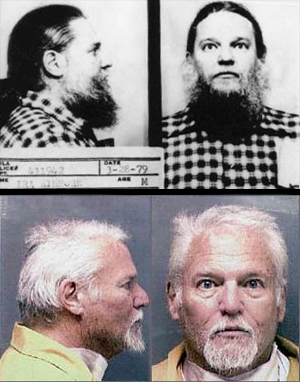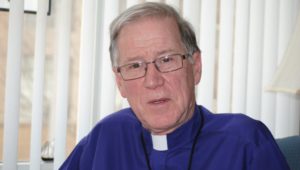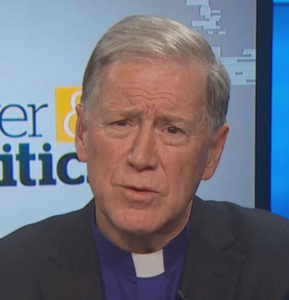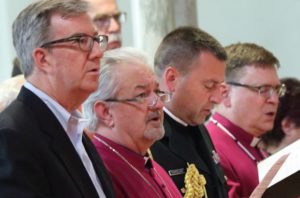I’ve been waiting for the Anglican Church of Canada to say something about the protestors congregating in Ottawa. The church has no hesitation lobbing opinions into the ether to support BLM, Indigenous rights, LGBT activities and so on. Even in the face of universal uninterest. Why the reticence here? It can’t be that hard to pick a side since the bishops’ mentor, our illustrious Prime Minister has already blazed the path of righteousness by denouncing the protesters as racists, misogynists, homophobes, Nazis and probably a few other things I’ve forgotten. Surely the church should find itself prophetically harmonising with this wave of heady invective?
At least one clergyman has finally stepped into the fray. The ex-Catholic, ex-Evangelical Rev. Michael Coren.
“At the trucker protests, the political hard right is co-opting Christianity” blazes the headline, omitting the fact that anyone to the right of Joseph Stalin is “hard right” in Rev. Coren’s book.
What seems to upset Coren most is that the protestors recited the Lord’s Prayer. How dare they! They aren’t allowed to because they are not making obeisance to Coren’s idols of inclusion and tolerance – which makes as much sense as the rest of Coren’s analysis.
There is a video circulating on social media of a group of truckers in Ottawa discussing their plans. They exchange views in a quite heated manner, and then suddenly one of them begins to recite the Lord’s Prayer. In direct obedience and observance, all of the others remove their caps and follow suit. It’s being posted by supporters of the convoy who see the enterprise as God’s work and want to emphasize the piety of all concerned.
[…..]
I’ve no idea of what was in the hearts of those men who suddenly turned from bellicose plotting to telling God they “forgive those who trespass against us,” but judging by the ubiquity of vulgar anti-Trudeau signs and images of nooses, I’m a little cynical. I’m a priest – the Lord’s Prayer is central to my very being – but it’s more than just a collection of words. It’s what Jesus taught us to say. Jesus – who owned nothing and lived communally – reserved his harshest words for the wealthy and legalistic, redistributed food and preached tolerance, inclusion and grace. He could be as gentle as a watercolour in his love and compassion, but fierce as a lion of Judah in his demand for social justice.
There’s nothing new of course about the politicization of Christianity; it’s been happening ever since church and state began to mingle 1,700 years ago.
Admittedly, the Anglican Church of Canada does not politicise Christianity. It can’t because it has ceased to be Christian.




 A resolution to amend the marriage canon to allow for same-sex marriages may itself be amended to include protections for Anglicans who hold to the traditional view of marriage, said Archbishop Fred Hiltz, primate of the Anglican Church of Canada.
A resolution to amend the marriage canon to allow for same-sex marriages may itself be amended to include protections for Anglicans who hold to the traditional view of marriage, said Archbishop Fred Hiltz, primate of the Anglican Church of Canada. From
From  From
From